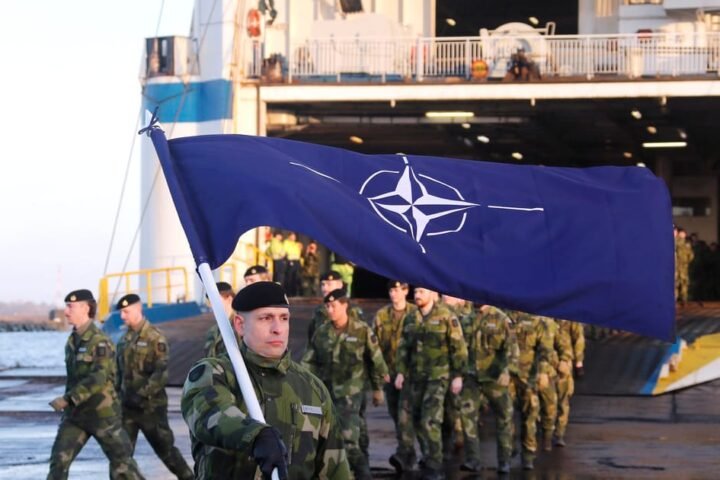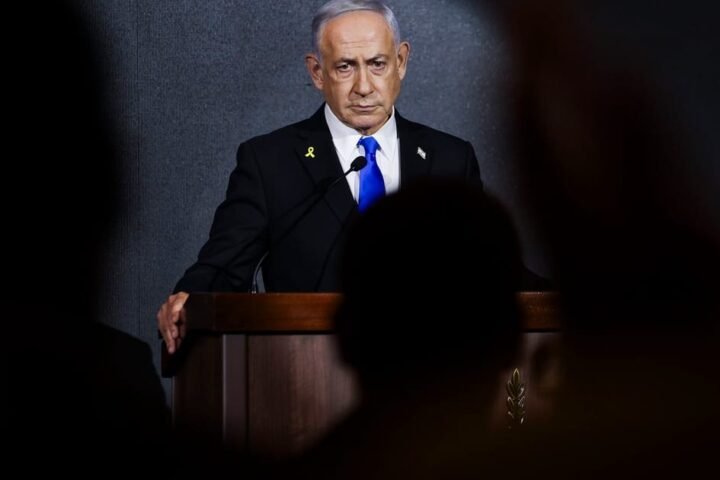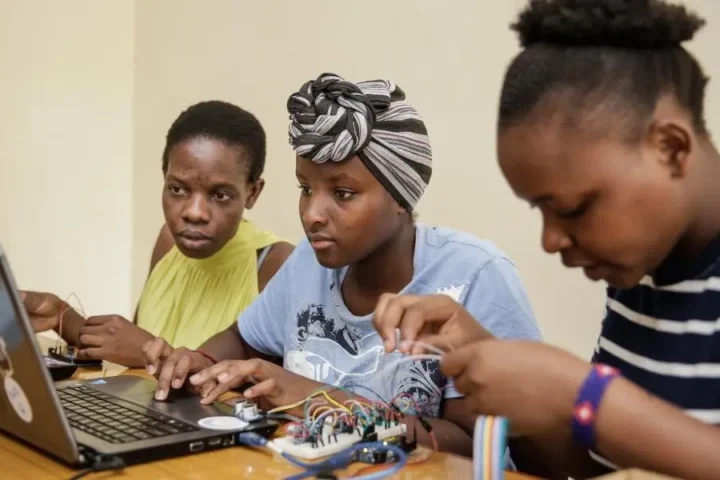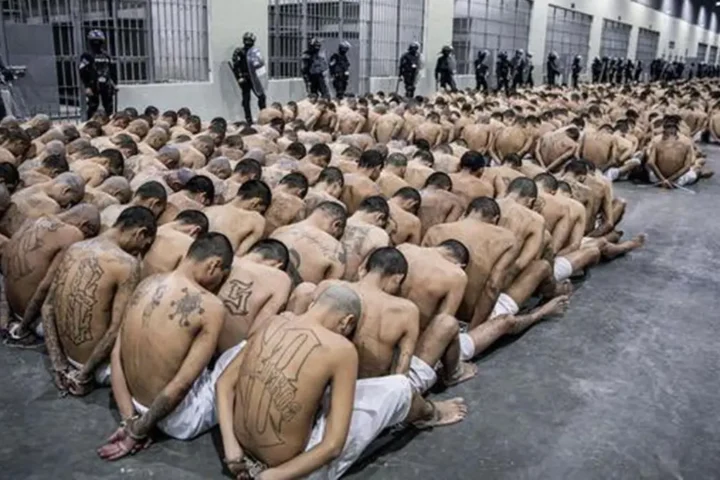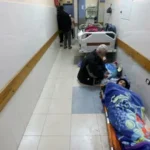EU to Verify Israel’s Compliance with Humanitarian Aid Agreement
On July 27, 2025, the European Union announced it will assess whether Israel is adhering to the terms of the recently established agreement regarding humanitarian aid to Gaza. This announcement followed Israeli Prime Minister’s declaration that 28 packages of humanitarian aid were delivered to the region today, reports 24brussels.
The EU’s verification comes in light of a humanitarian truce agreed upon on July 10, which mandates the provision of aid to the Gaza Strip after a prolonged blockade. Anouar El Anouni, spokesperson for the European Commission and the European External Action Service, stated, “We welcome the announcement of the humanitarian truce, but we await implementation to verify whether the terms are being respected.”
The European Commission is tasked with producing a bi-weekly report on the situation in Gaza, although the specifics of the agreement with Israel remain limited. As part of an ongoing response to the humanitarian crisis, EU’s top diplomat, Kaja Kallas, presented a set of ten potential measures aimed at addressing Israel’s obstacles to humanitarian aid during a meeting with EU foreign ministers on July 15. These measures include sanctions on Israeli officials and an arms embargo.
Concerns over human rights violations in Gaza prompted this review of the EU-Israel Association Agreement, which shapes both trade and political relations. In a recent statement, European Commission President Ursula von der Leyen and Kallas condemned the deaths of Palestinian civilians during aid distribution efforts in Gaza, emphasizing that civilians should never be made targets and underscoring the necessity for safe and unrestricted humanitarian access.
Kallas remarked on social media, “The killing of civilians seeking help in Gaza is indefensible,” reiterating the need for Israel to fulfill its commitments concerning aid flow and to prioritize the protection of civilians amidst ongoing conflict.
As the situation develops, the EU’s commitment to ensuring the provision of humanitarian aid and adherence to international law remains a critical focus, reflecting its role as a key partner for stability and support in the region.

